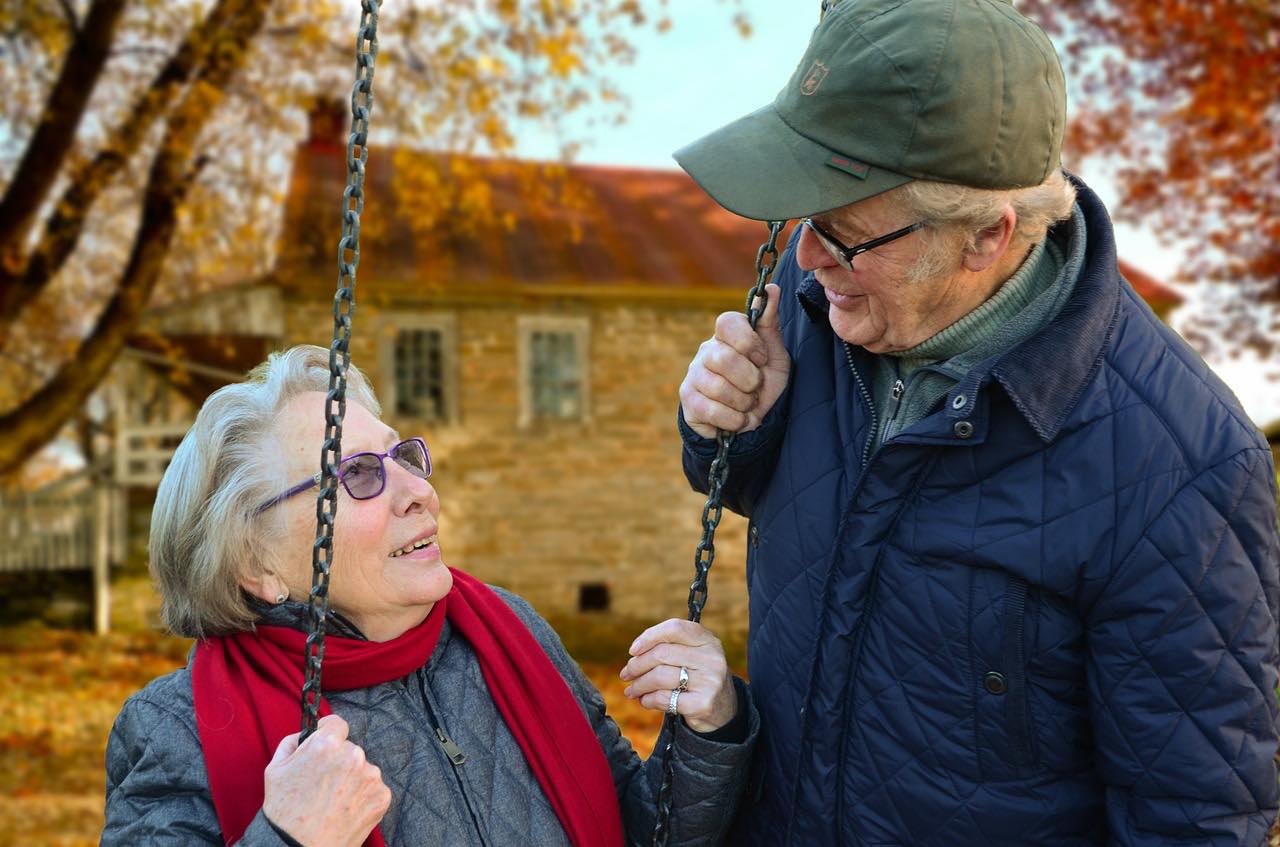Aging is an inevitable part of life that affects everyone. As we become adult children, our parents also age, and with this comes dramatic changes or concerns we will face with them. These changes become more evident through time. That is why, when your parents are already aging, caring for them will not be an easy task. Supporting aging parents will bring a new set of challenges, with communication issues on top of the list.
At Penn State University, a study showed that 77% of adult children believe that their parents are stubborn when taking advice or asking for help with daily tasks, so this even adds up to the challenge. In the end, how can you take care of your parents, and how will you know if they already need help?
Issues to Address
Activities of Daily Living (known as ADLs)
ADLs are essential in a person’s life. They are critical daily life tasks. Thus, when people can do their ADLs, they contribute to their physical and emotional well-being. Addressing these issues will help determine the kind of care or housing arrangements you may consider for your parents. The basic ADLs are:
- Self-feeding
- Dressing
- Bathing or Showering
- Personal Hygiene, including grooming activities like brushing/styling hair and shaving
- Toilet Hygiene includes getting in and out of the toilet and self-cleaning
- Functional Mobility includes moving while performing activities, in and out of a chair, and getting in and out of bed
Under ADLs, other types of daily living activities which are not necessarily crucial daily life tasks but are related to the independent functioning of a person are called instrumental activities of daily living (IADLs). Most often, they refer to activities with long-term care such as:
- Cleaning and maintaining the home
- Shopping and buying necessities
- Running errands
- Paying for bills
- Cooking meals
- Communicating through the phone or other devices
- Taking prescribed medications
If your parents already find it challenging to take care of their ADLs alone, then it’s high time for you to find them the appropriate help.
These ADLs and IADLs contribute to the well-being of elderly parents, so if they find obstacles in doing these, they may cause a decline in their view of themselves and ultimately affect their health and stability.
There are many options or ways to address these, like opting for community services or hiring in-home caregivers from one of the most reputed home care agencies near you in Pennsylvania or wherever you are located.
Exploring community services can offer support and education on managing hormonal health. These services might include workshops, counseling, or support groups that provide valuable information and resources. Likewise, in-home caregivers can provide support with daily activities, medication management, and other aspects of health care, ensuring that individuals live comfortably in their own homes.
Remember, you need to first acknowledge that there are problems. This step can help find the best possible solutions and help that the elders can have.
Living Arrangements
A person’s living and housing conditions affect their quality of life, safety, and ability to do activities. It is critical to ensure they get the assistance they need. Regardless if they live alone, are in nursing homes, or live with their family, discussing these with their parents is vital. Here are some common types of living arrangements:
- Aging at their own Home: Where they may live independently or with a family or professional caregiver
- Independent Living Communities: Where they are in a community with their fellow seniors, and there are amenities like clubhouses, housekeeping and security, group meals, and social activities but no medical support
- Assisted Living Communities: For seniors who are still relatively independent but may need assistance and caregiving in their ADLs
- Nursing Homes: For those elderly parents who require medical surveillance and caregiving but don’t need a hospital and need nurses on-duty 24 hours a day
- Living with a Relative/Family: A family member can provide for those who need health care support.
Finances
Often, elderly parents are retired and cannot fully support their needs as they age. They rely on their savings or pension but still need financial assistance from their children. In caring for our more aging parents, there are economic impacts that should be considered.
Many government programs aim to help eligible seniors with medical and living expenses. To maximize these, you must take advantage of any programs you offer.
Furthermore, most seniors need help handling their financial affairs and may need assistance in their retirement funds and finances. You may need to take a more active role and carry the responsibility to ensure that your older parents are financially secure as they age.
Getting Educated
To fully help your elderly parents, you must learn to recognize their needs, accept them, and find ways to provide the best support and assistance to them.
Many organizations and groups offer courses and resources that may help gear you in these matters. Aside from that, you must remember that you are not alone. You must share your plans with your family and, more importantly, talk about them with your parents since they will need the help and know what may help them.
Talking to Your Parents
As stated in the early parts of this article, communication is on the top of the list of the challenges you will face in caring for your older parents. First, remember that just like you, your parents are adults who are fully capable of deciding for themselves.
Listen to what they need. Although you have their best interests at heart, they still have autonomy over their decisions. Recognizing this will help you decide on the best care plan for them.
Include them in the decision-making and despite your busy schedule, make time for them. Show them your love and concern and make them feel that you are with them as they go through their aging process.
Final Words
As our parents grow older, we will all find ourselves providing them with daily care and helping them maintain their well-being, just like they did when we were still children. We are here to ensure they are safe, secure, happy, and healthy.
Something to remember is we are not alone in this journey of caring for our loved ones. Talking to them, knowing what they need, and getting educated on these matters is the proper approach to finding the right balance between providing their welfare and considering their happiness and comfort.








